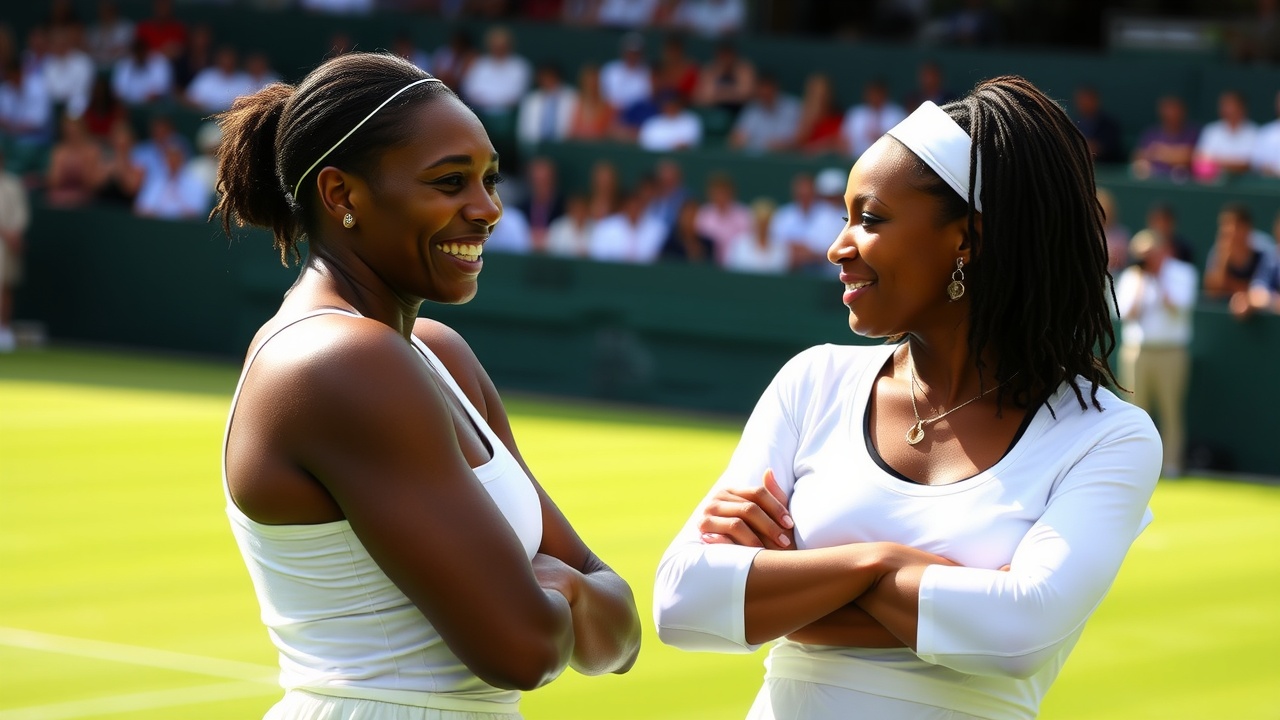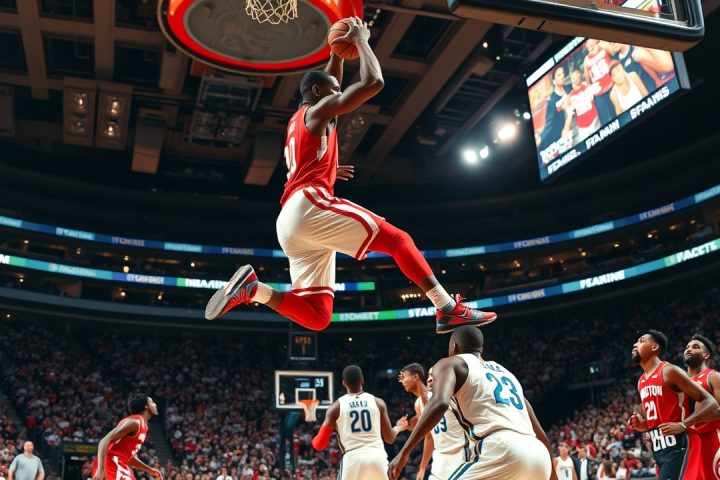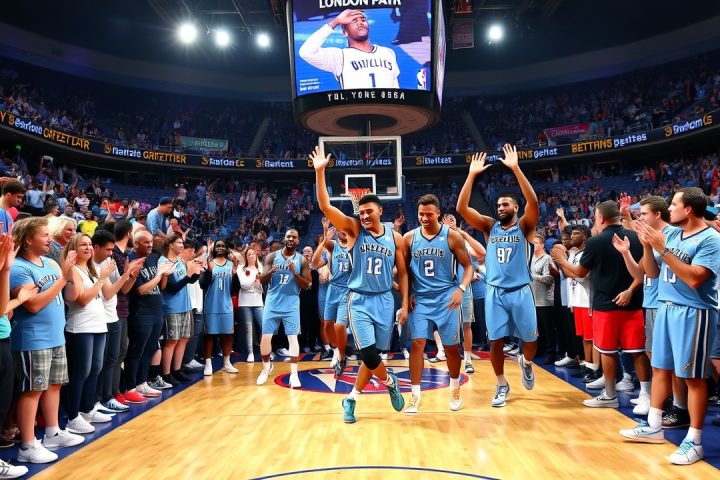20th Anniversary of a Historic Final
LONDON, THE ALL ENGLAND CLUB — This week marks the 20th anniversary of one of Wimbledon’s most historic finals, where Venus Williams triumphed over Lindsay Davenport in a match that has since become legendary in tennis lore. The intense contest lasted two hours and 45 minutes, concluding with a nail-biting score of 4-6, 7-6(4), 9-7. Not only did this epic showdown set the record for the longest women’s final in Wimbledon history, but it is also celebrated as one of the greatest Grand Slam matches to date.
Ongoing Conversations in Tennis
The conversation surrounding tennis continues to be vibrant, especially after last month’s breathtaking French Open final between Carlos Alcaraz and Jannik Sinner. Numerous Wimbledon finals have been evaluated against this backdrop, including Björn Borg‘s clash with John McEnroe in 1980 and Rafael Nadal versus Roger Federer in 2008. These matches underline a clear disparity in how men’s and women’s finals are conducted, with the former adopting a best-of-five set format that often gives men more time to create memorable moments albeit at the risk of extended matches that may lack excitement.
Women’s matches, conducted in a best-of-three sets format, are sometimes argued to be capped in their ability to resonate within the public eye — a reality that has persisted amid discussions of equality in the sport. Historically, Venus Williams championed the cause for equal prize money, a conversation she engaged in just a day prior to her storied final against Davenport in 2005. Despite Federer securing a prize of £630,000, Williams received £600,000, highlighting the ongoing inequity in tournament awards. It wasn’t until two years later that Wimbledon would align itself with the other three Grand Slams in providing equal prizes.
Reflections from Davenport
Reflecting on that fateful day, Davenport, now 49, recalls it as one of the few times she performed at her best yet still faced defeat. Having already claimed the U.S. Open, Wimbledon, and the Australian Open titles, Davenport was the tournament’s top seed but fell short against Williams, who celebrated her third Wimbledon title that day. Davenport’s emotional experience resonates as she states,
“It was the toughest loss of my career. Sometimes it’s almost easier to lose badly… That was my day, and I still couldn’t win. That’s a little harder to reconcile in your mind.”
Davenport’s encounters with best-of-five matches, mostly reserved for the WTA Tour Finals, did not change her belief regarding tournament formats.
“I’m just not a believer in changing a format in the same tournament. You either go all-in or you don’t go in,”
she explained, advocating for consistency in the sport.
Current Perspectives on Match Formats
Despite the physical strains that best-of-five matches can impart, ongoing discussions amongst female tennis players have revealed a reluctance to extend their game format. World No. 1 Aryna Sabalenka addressed the concerns about injury risks that could arise from adjusting to five sets, even suggesting,
“I think we’re not ready for this amount of tennis.”
This sentiment was echoed by other prominent players like Iga Świątek, who expressed relief at not having to endure the fatigue often associated with extended matches.
While some players, like Emma Navarro, expressed curiosity about how the women’s tour would fare in best-of-five matches, the prevailing sentiment leaned towards maintaining the status quo. Madison Keys, a long-time competitor, articulated her disinterest in the physically taxing demands of five-set matches.
“I don’t think we really need that? People love the intensity and drama of three-set contests,”
she noted.
Looking Ahead
With the disparity in ticket prices for finals drawing attention to the broader conversation about value in women’s tennis—women’s final tickets fetching a mere quarter of what men’s do—there remains a sense that equal treatment in terms of match formats could help elevate the profile of women’s tennis. The June 2023 Wimbledon tournament will continue to unfold with the women’s final today, a stage that, regardless of how it pans out, will always be viewed through the lens of its historic matchups, like that unforgettable contest between Williams and Davenport.




